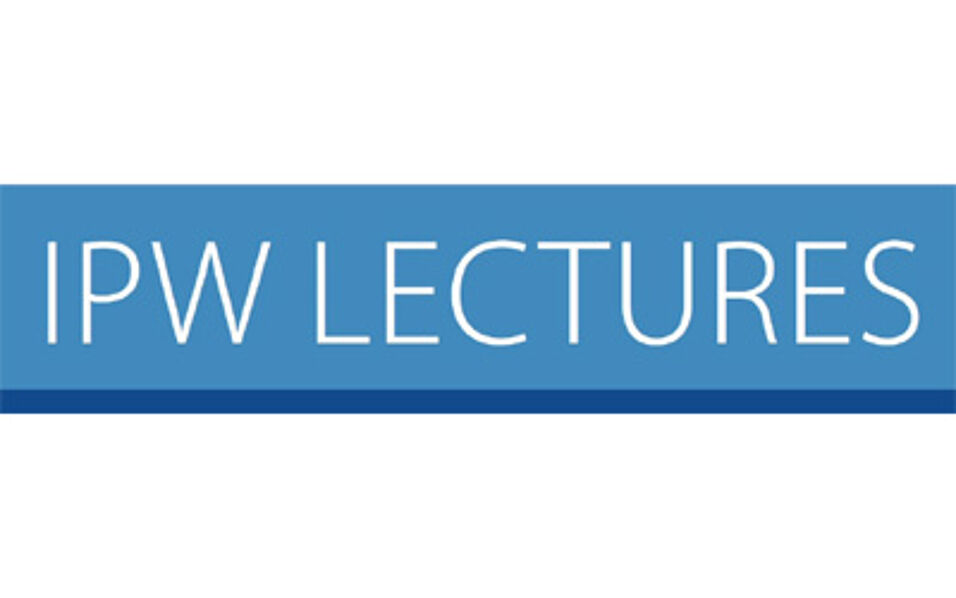Invitation to the IPW Lecture Civic Activism, Economic Nationalism, and Welfare for the Better-Off: Pillars of Hungary’s Illiberal State.
Lecturer: Béla Greskovits (Central European University)
Moderation: Tatiana Zhurzhenko (Department of Political Science, University of Vienna)
When: Thursday, 17. January 2019, 17:00
Where: Hörsaal 2, Tiefparterre, Main Building, University of Vienna, Stiege 5, Hof 3, Universitätsring 1, 1010 Vienna
Abstract:
Explaining the remarkable political success of Premier Viktor Orbán’s illiberal state, the presentation makes two arguments. First, this success is traced to the Hungarian right’s superior embeddedness in civil society. Founded by Orbán in 2002, the Civic Circles Movement mobilized all fractions of the right to catch up in terms of contentious and non-contentious civic activism with the left and liberals. After eight years in opposition, the accumulated social capital turned into political capital leading to a landslide victory of the Fidesz party at the 2010 elections, and helping the consolidation of illiberal rule ever since. Second, after 2010, the resilience of Fidesz in power is also supported by its hybrid strategy of mobilizing consent of the „haves” internally, and satisfying veto-players externally. This strategy combines noisy rhetorics and policies of change with quiet policies of continuity. It rebalances cautious economic nationalism and neoliberalism; welfare protection for the „haves” and workfare for the „have-nots”; and buys time for enduring political dominance at present at the price of erosion of competititve advantages in future.
An event within the IPW Lectures, an international lecture series of the Department for Political Science, University of Vienna.

